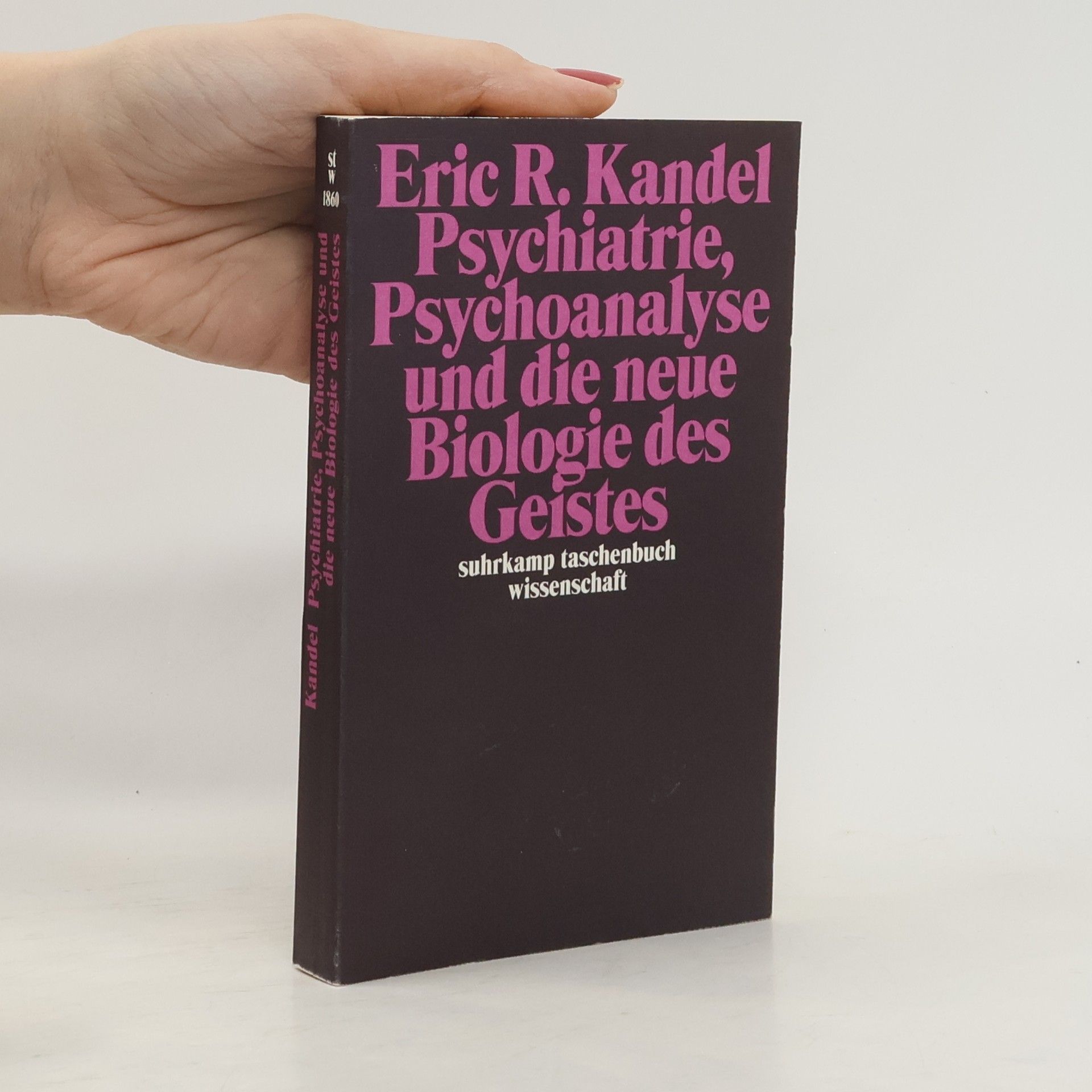A Doody's Core Title for 2011! 5 STAR DOODY'S REVIEW! "This is a simply wonderful book that makes accessible in one place all the details of how the neuron and brain work. The writing is clear. The drawings are elegant and educational. The book is a feast for both the eye and mind. The richness, the beauty, and the complexity of neuroscience is all captured in this superb book."--Doody's Review Service Now in resplendent color, the new edition continues to define the latest in the scientific understanding of the brain, the nervous system, and human behavior
Eric Kandel Boeken
Eric Kandel is een Nobelprijswinnaar wiens werk diep ingaat op psychologie en neurowetenschap. Hij onderzoekt hoe herinneringen worden opgeslagen in neuronen en ontrafelt de fundamentele biologische processen die onze gedachten en herinneringen sturen. Zijn onderzoek biedt een fascinerende kijk op de werking van de geest en hoe onze ervaringen op cellulair niveau worden gevormd.
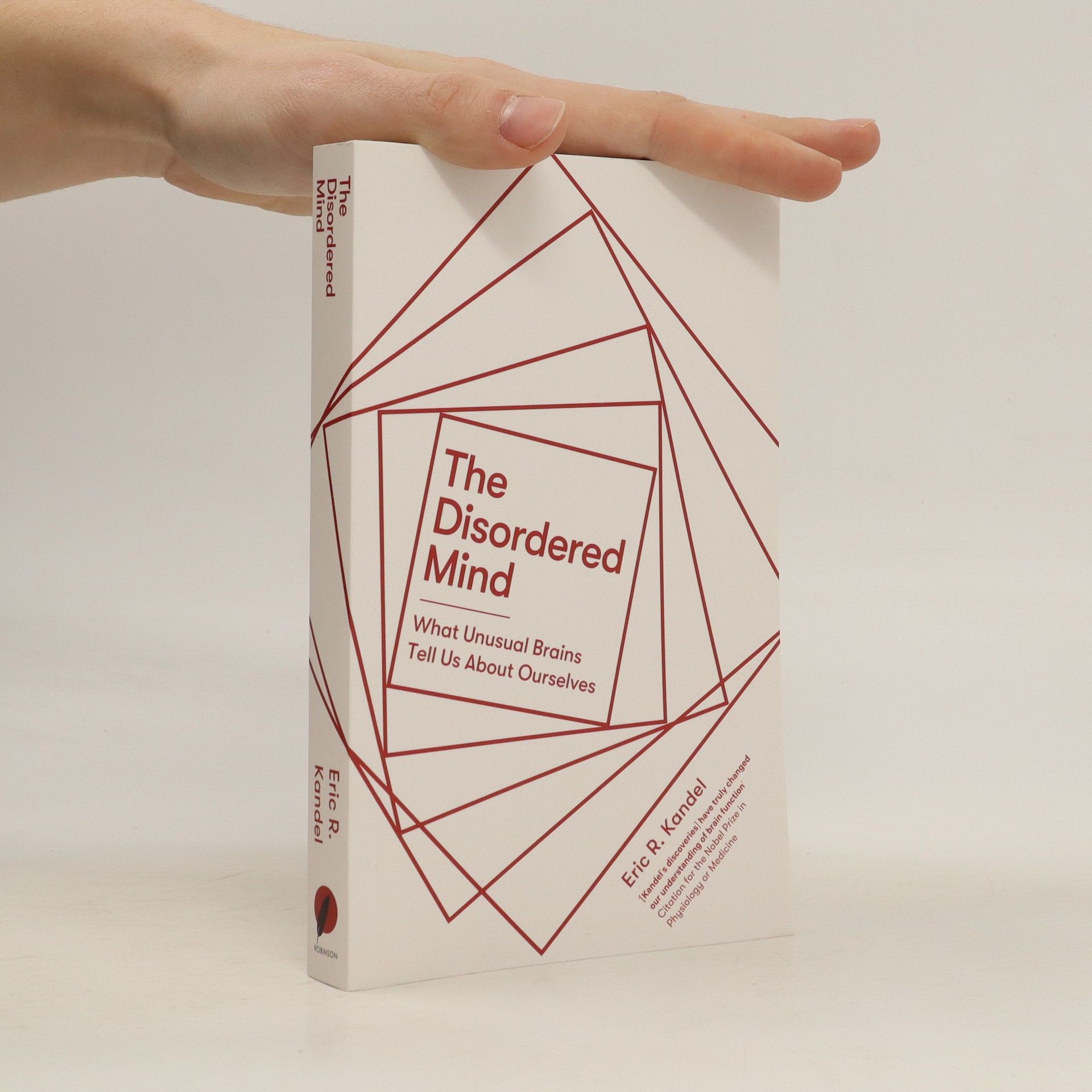

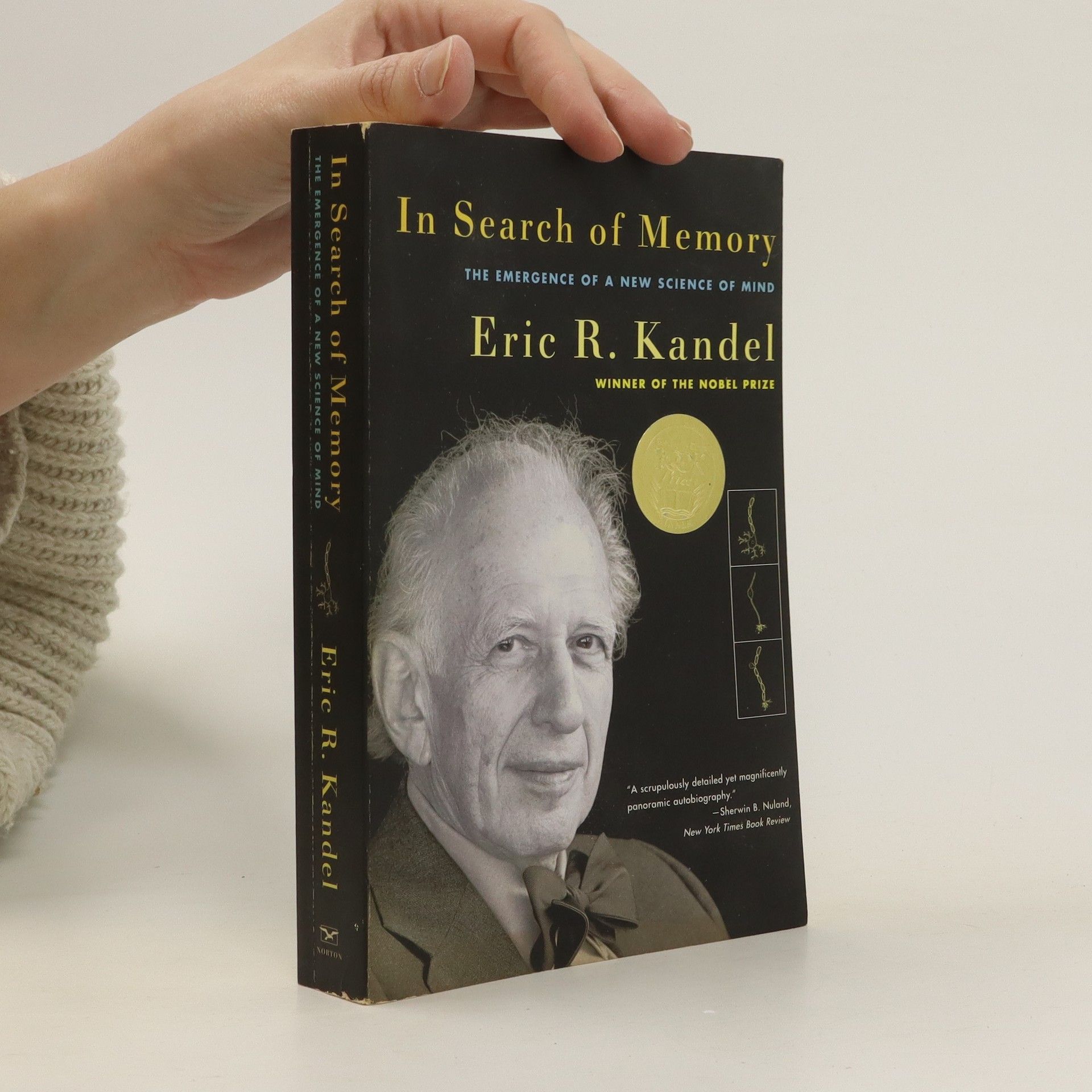
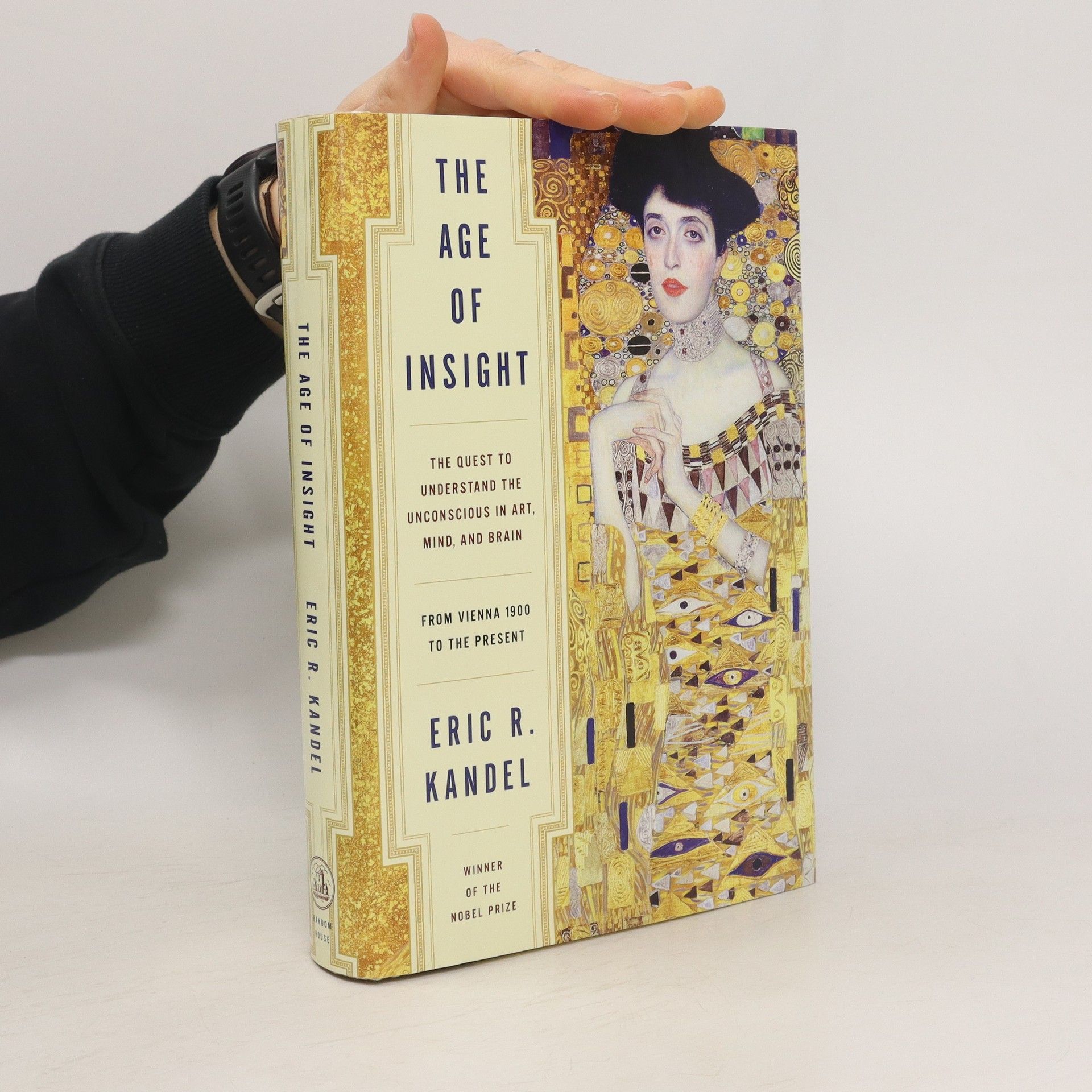

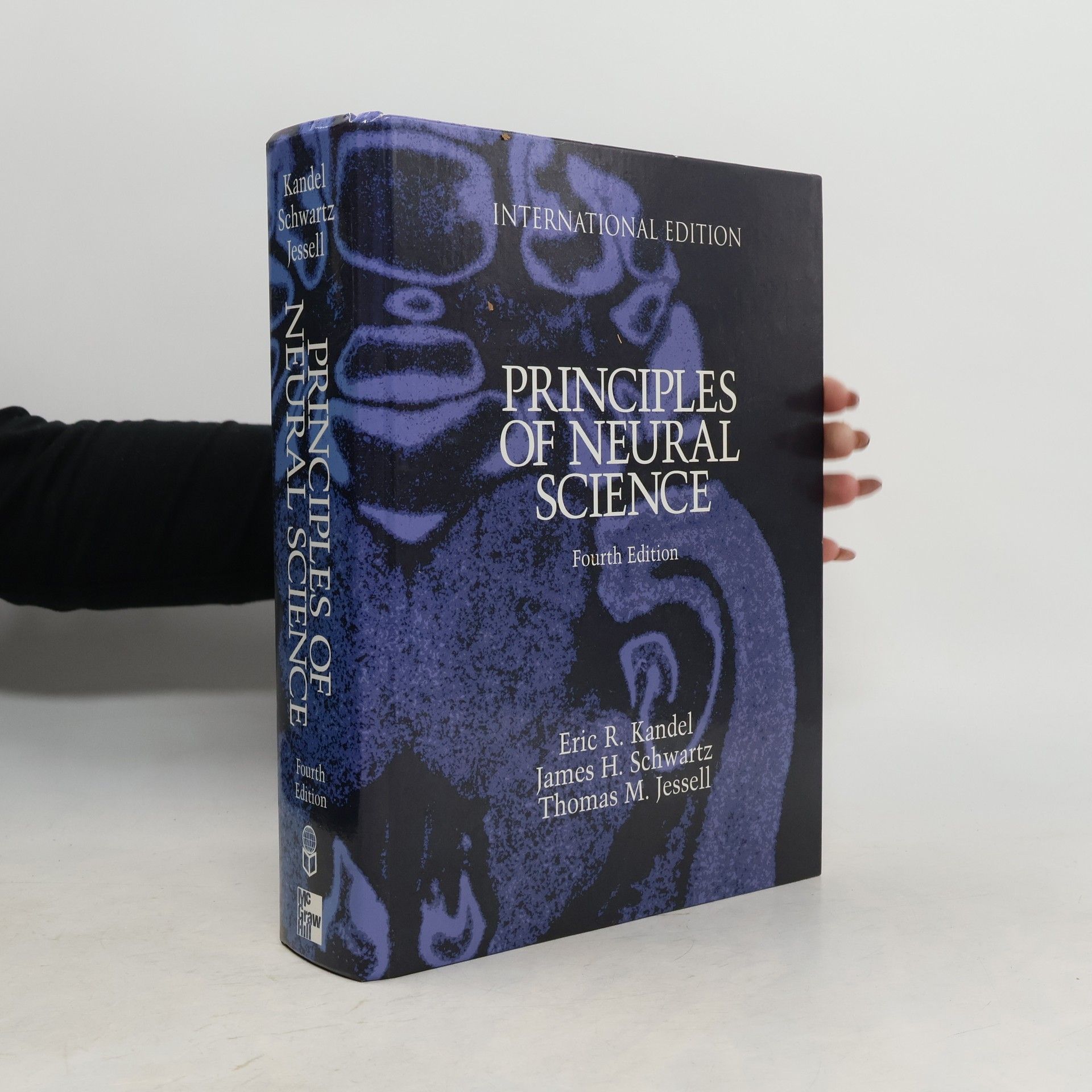
"A stunning book." Oliver Sacks Charting the intellectual history of the emerging biology of mind, Eric R. Kandel illuminates how behavioral psychology, cognitive psychology, neuroscience, and molecular biology have converged into a powerful new science of mind. This science now provides nuanced insights into normal mental functioning and disease, and simultaneously opens pathways to more effective healing. Driven by vibrant curiosity, Kandel's personal quest to understand memory is threaded throughout this absorbing history. Beginning with his childhood in Nazi-occupied Vienna, In Search of Memory chronicles Kandel's outstanding career from his initial fascination with history and psychoanalysis to his groundbreaking work on the biological process of memory, which earned him the Nobel Prize. A deft mixture of memoir and history, modern biology and behavior, In Search of Memory traces how a brilliant scientist's intellectual journey intersected with one of the great scientific endeavors of the twentieth century: the search for the biological basis of memory. 50 illustrations.
The Age of Insight. Das Zeitalter der Erkenntnis, englische Ausgabe
- 636bladzijden
- 23 uur lezen
A brilliant book by a Nobel Prize winner, "The Age of Insight" takes readers to Vienna in 1900, where leaders in science, medicine, and art began a revolution that changed forever how we think about the human mind--our conscious and unconscious thoughts and emotions--and how mind and brain relate to art
The author relates how his own study of memory converged with four distinct disciplines to give rise to the development of a new science of the mind that has changed our understanding of learning, memory, and mental illness.
Reductionism in Art and Brain Science
- 240bladzijden
- 9 uur lezen
Kandel's book, with one foot in the humanities and one foot in the sciences, stands comfortably in both. Writing in deceptively simple prose, not unlike the art he writes about, Kandel lucidly states the biological case for how abstract art challenges us to look so that we can see. Jim Coddington, chief conservator, Museum of Modern Art
The Disordered Mind
- 400bladzijden
- 14 uur lezen
The Disordered Mind is the definitive statement on all we know about the brain and its associated disorders by the eminent Nobel Prize-winning scientist and professor Eric R. Kandel.
This book presents essays by Eric R. Kandel. They vary widely in subject matter, but each essay focuses on the interaction of art and science.
There Is Life After the Nobel Prize
- 112bladzijden
- 4 uur lezen
Neuroscientist Eric R. Kandel recounts his remarkable career since receiving the Nobel in 2000. He takes readers through his lab's scientific advances as well as his efforts to promote public understanding of science and to put brain science and art into conversation.
Dem Nobelpreisträger Eric Kandel gebührt das Verdienst, das bis dahin gänzlich unerkundete Gebiet der Beziehungen zwischen Neurobiologie und Psychoanalyse erschlossen zu haben. Heute ist es eines der spannendsten und zugleich innovativsten Felder der Wissenschaften überhaupt. Die vorliegende Sammlung von Aufsätzen Eric Kandels lädt den Leser zu „einer der wichtigsten, bedeutsamsten und aufregendsten Forschungsreisen unserer Zeit ein“ (Stuart C. Yudofsky) – zu einer Erkundung der Funktionsweise des menschlichen Gehirns und der Möglichkeiten, durch die Psychoanalyse und die Psychiatrie auf diese Einfluß zu nehmen. Der Band, den der Protagonist der deutschen Hirnforschungsdebatte, Gerhard Roth, einleitet und der mit einer sehr persönlichen Einführung Eric Kandels beginnt, bietet einen konzisen Überblick dieser Revolution der psychiatrischen Forschung.
Was heißt es, Mensch zu sein? Nobelpreisträger Eric Kandel über die Grundlagen unserer Identität Was genau geschieht, wenn unser Gehirn nicht mehr „normal“ funktioniert? Wenn es in Unordnung geraten ist, durch Störungen oder Krankheiten wie Alzheimer, Depression oder posttraumatischen Stress? Eric Kandel, einer der weltweit führenden Experten der Gehirn- und Gedächtnisforschung, hat sich in seiner Arbeit immer wieder mit der Frage beschäftigt, inwiefern komplexe menschliche Verhaltensweisen biologische Ursachen haben. In seinem neuen Buch zeigt er an vielen Beispielen, von Angstzuständen bis zur Schizophrenie, von Sucht bis Bipolarität, wie sehr biologische Prozesse unsere Identität prägen. Denn gerade die Störungen, die Abweichungen und Anomalien machen auf beeindruckende Weise sichtbar, was es heißt, Mensch zu sein. Der Titel ist durchgehend vierfarbig und reichhaltig bebildert. Ausstattung: mit vierfarbigen Abb.
